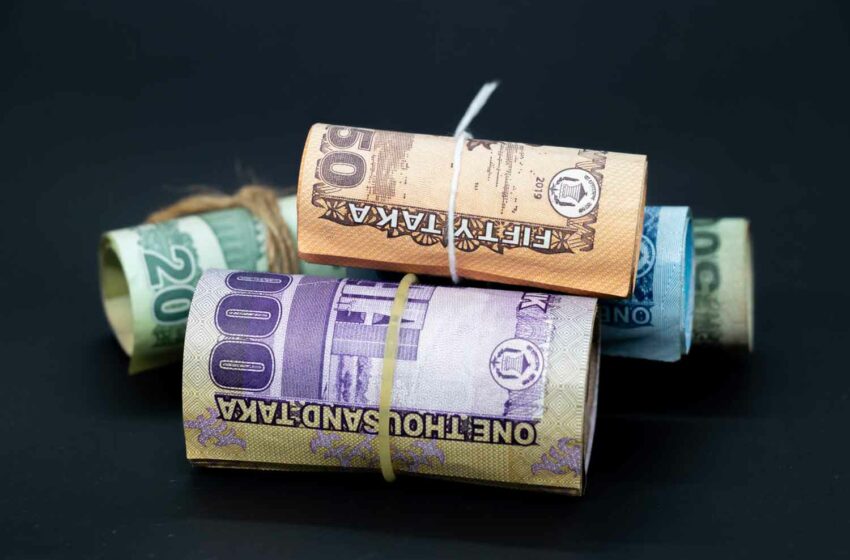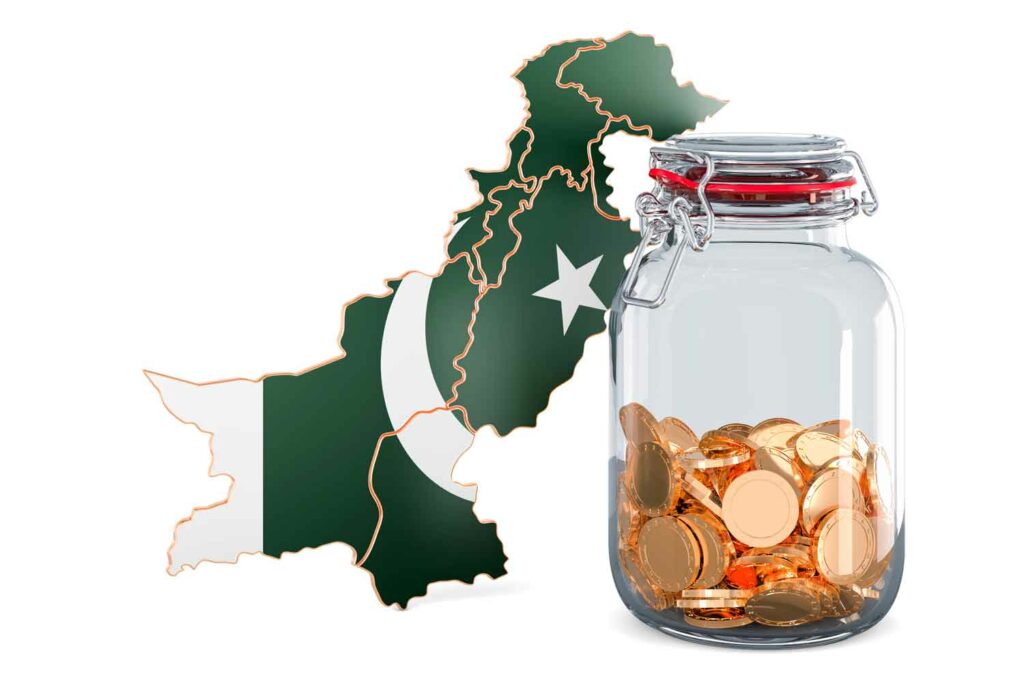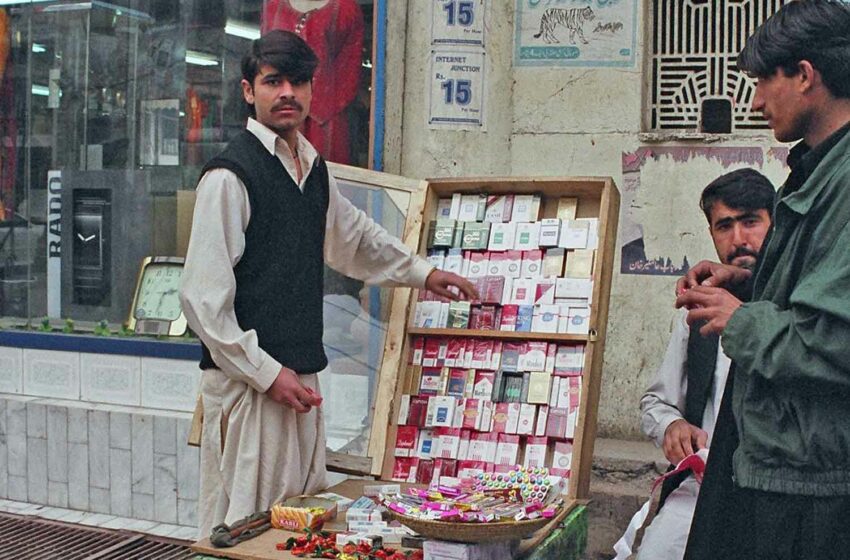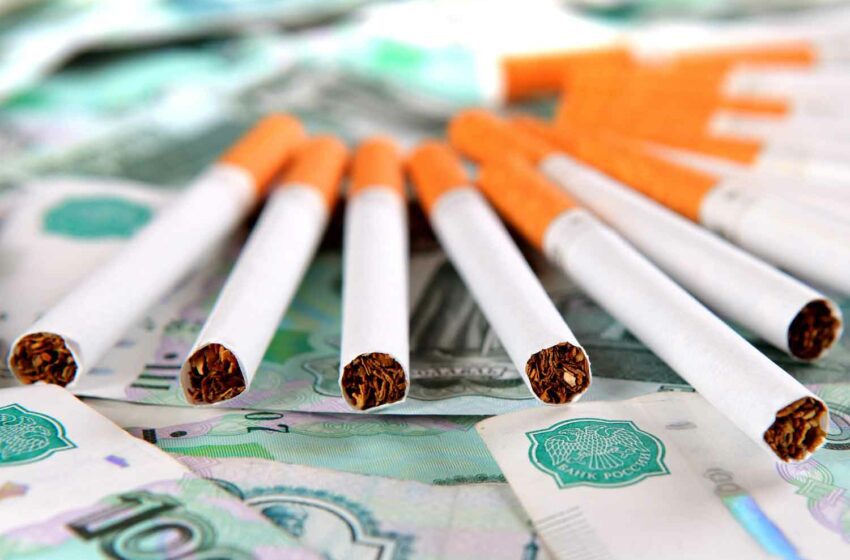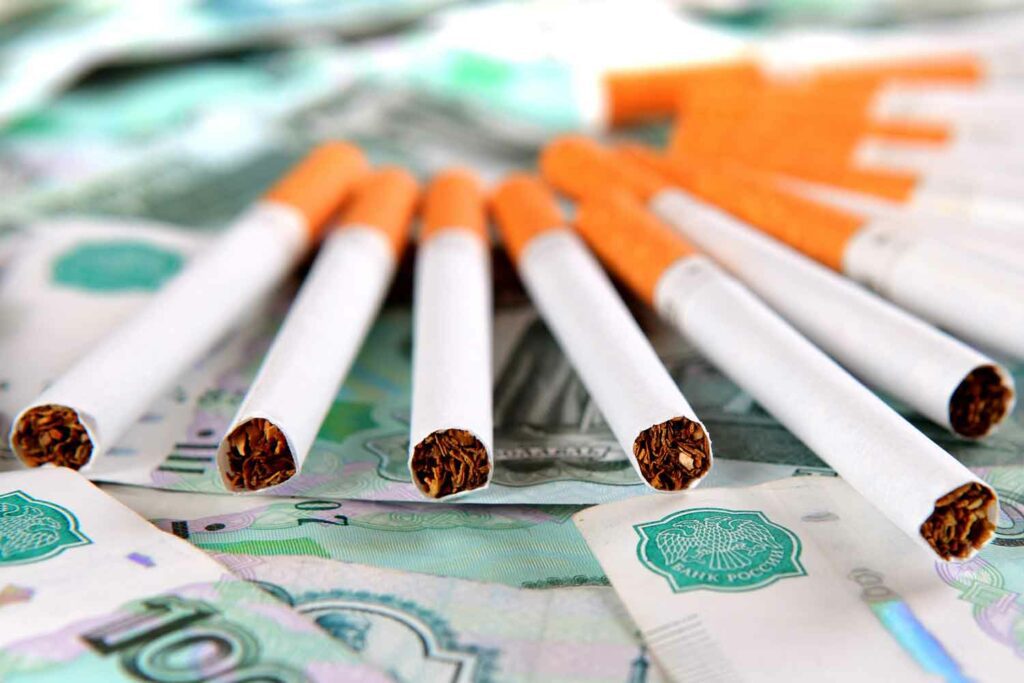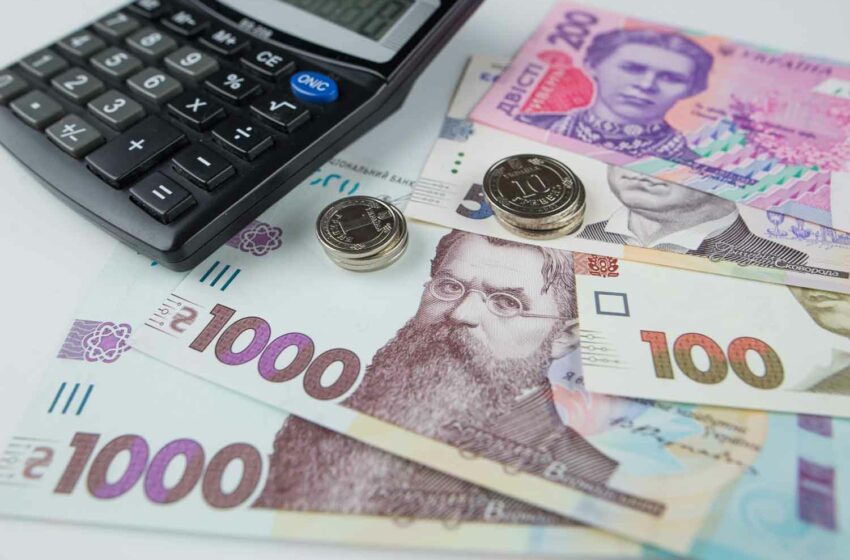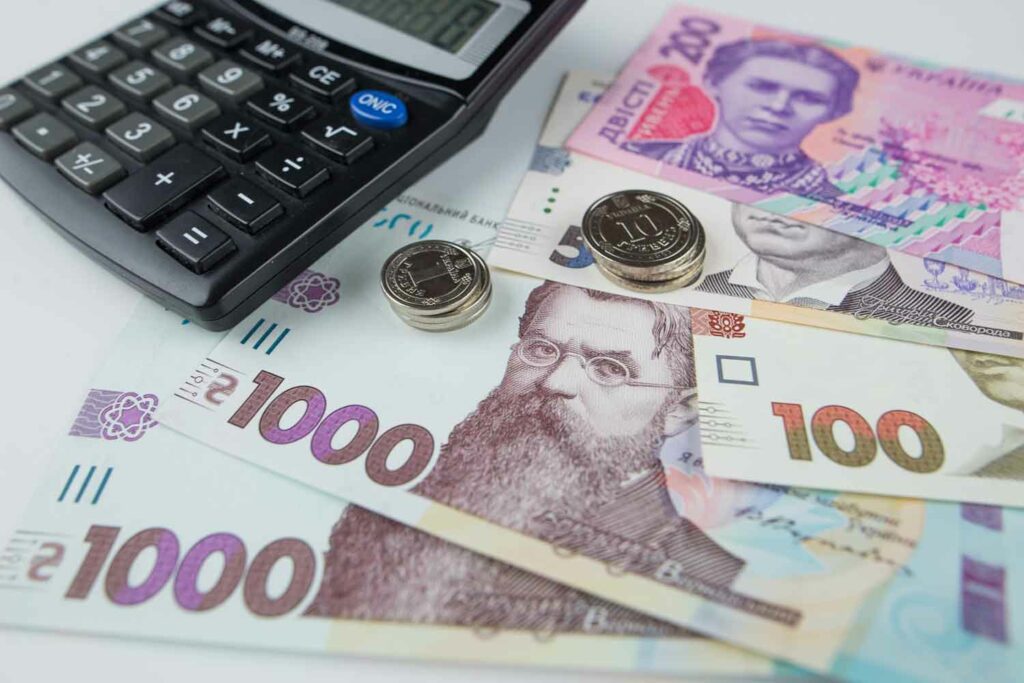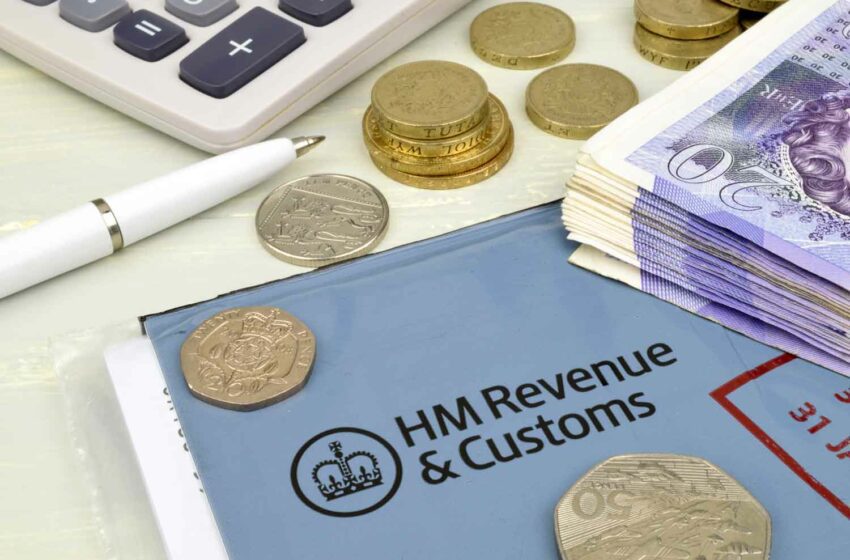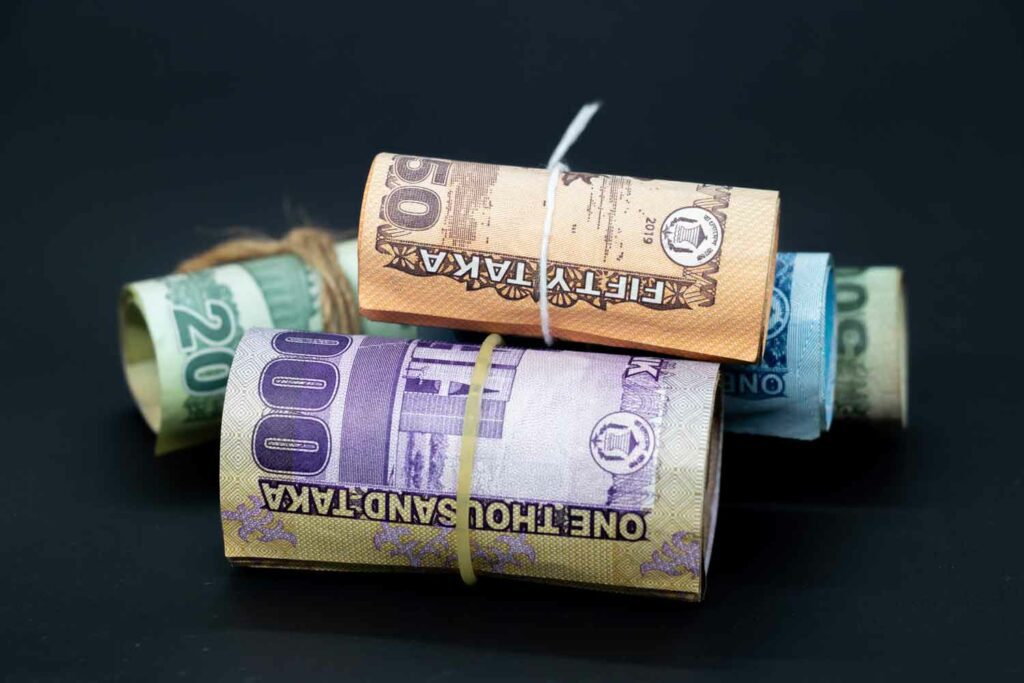
Anti-tobacco organizations are urging Bangladesh to increase cigarette prices in fiscal year 2024–2025, reports The Business Post.
Even as the prices of essential goods have soared, cigarette prices have remained comparatively stable in Bangladesh. Over the past five fiscal years, the price of low-tier cigarettes has increased by only BDT10 ($0.09), averaging an increase of BDT2 per year. Since 2019–2020, the price of such cigarettes has increased only once, by BDT1.
Critics say the failure to adjust cigarette prices in line with inflation has made smoking more accessible and attractive to low-income groups. Low-tier cigarettes now account for 80 percent of the cigarette market.
Experts have suggested raising the price of a 10-stick pack of low-tier cigarettes from BDT45 to BDT60. Aligning prices with inflation, they suggest, would increase government revenue by approximately BDT100 billion.
“Low-income individuals are the most affected by malnutrition,” said Nasrin Sultana, a professor at the Institute of Health Economics at Dhaka University. “Increasing the price of low-tier cigarettes would reduce the number of smokers in this demographic. This would not only decrease health risks but also enhance revenue flow even amid economic downturns.”

